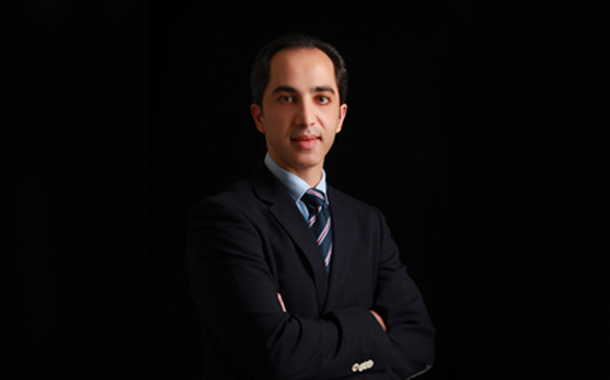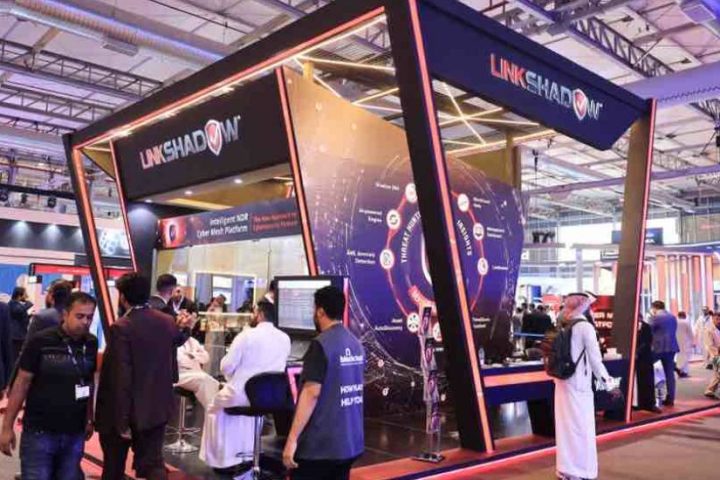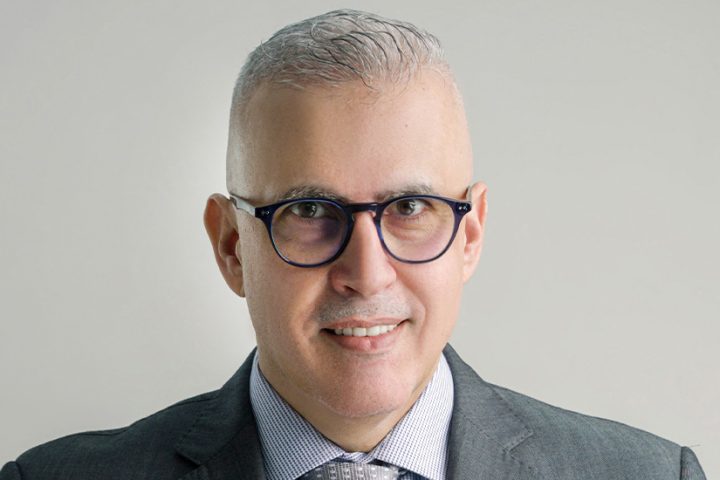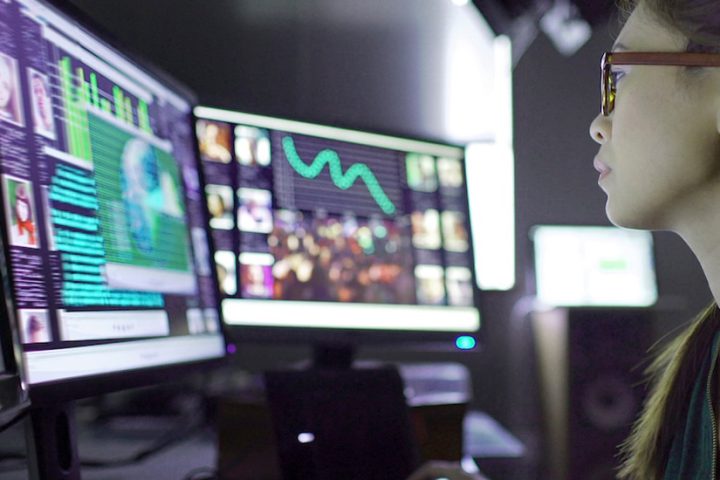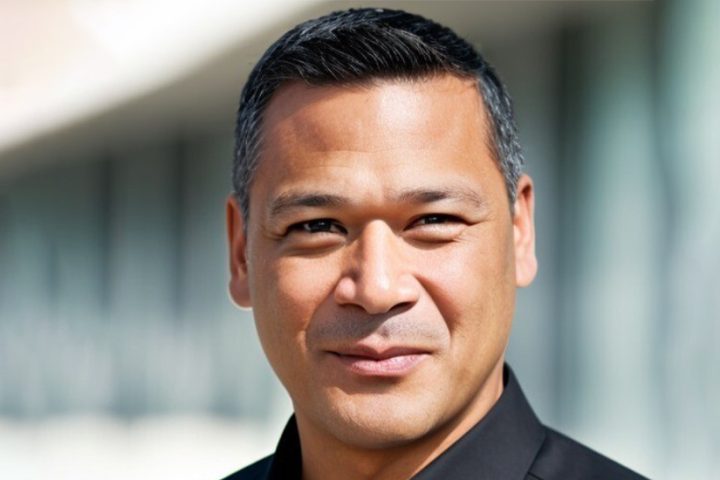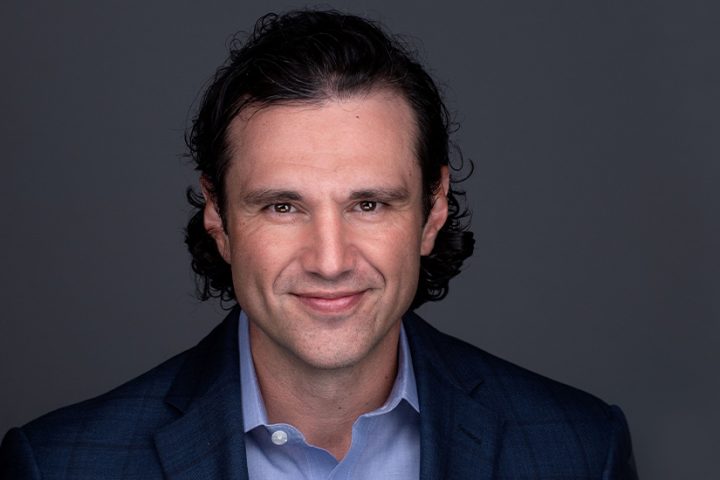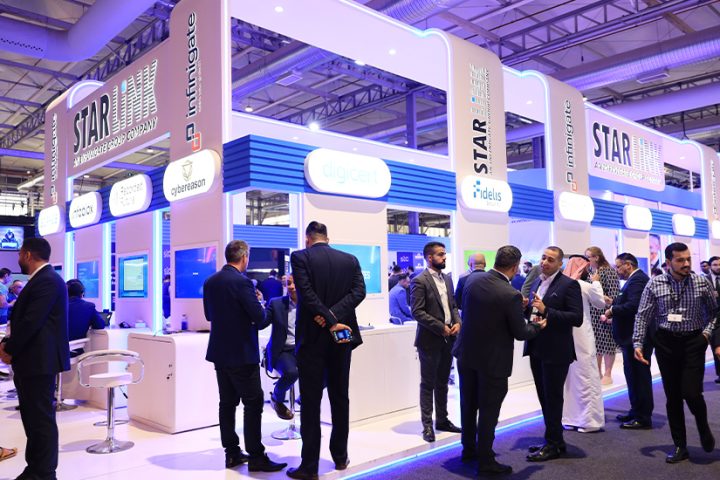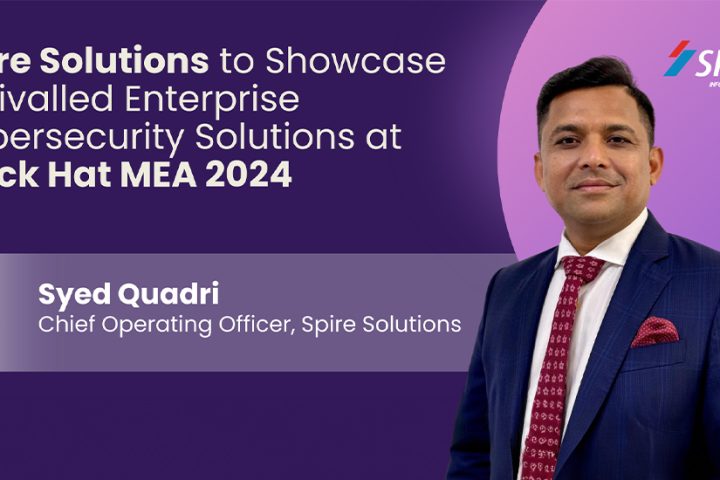Organizations across the Middle East are increasingly investing in mobile access control solutions and seeking to upgrade from legacy to the latest smart card technologies in order to create more connected, smart environments. Enabling the use of smartphones and wearables to open doors for greater mobility and moving to advanced smart card technology are dramatically expanding the use of a single device beyond physical access control.
“Security is a top concern for financial institutions across the region. Innovative Middle East companies, particularly banks, are seeking to deploy the most advanced access control technologies as part of their goal to expand the capabilities of a smartphone or smart card,” said Wisam Yaghmour, Director of Sales MEA, Physical Access Control Solutions EMEA with HID Global.
Upgrading to advanced physical access control solutions is also proving popular with public sector organisations. Government establishments such as Mohammed Bin Rashid Housing Establishment in Dubai has recently successfully implemented HID Global’s Seos smart cards and HID Mobile Access solutions, making it possible for MRHE employees to use a combination of smart cards, smartphones and wearables to open doors throughout the facility.
The upgrade process is also driving organisations to carefully consider streamlined, high-capacity card personalisation printers/encoders solutions, especially in the finance sector, large enterprises, government offices and educational institutions. Organisations within these sectors have been investing in new solutions to ensure that employees and visitors are protected, and have a good user experience, without compromising on security. Features such as personalisation, lamination, engraving, encoding, as well as embedded smart chips are being increasingly adopted as additional layers of security.

